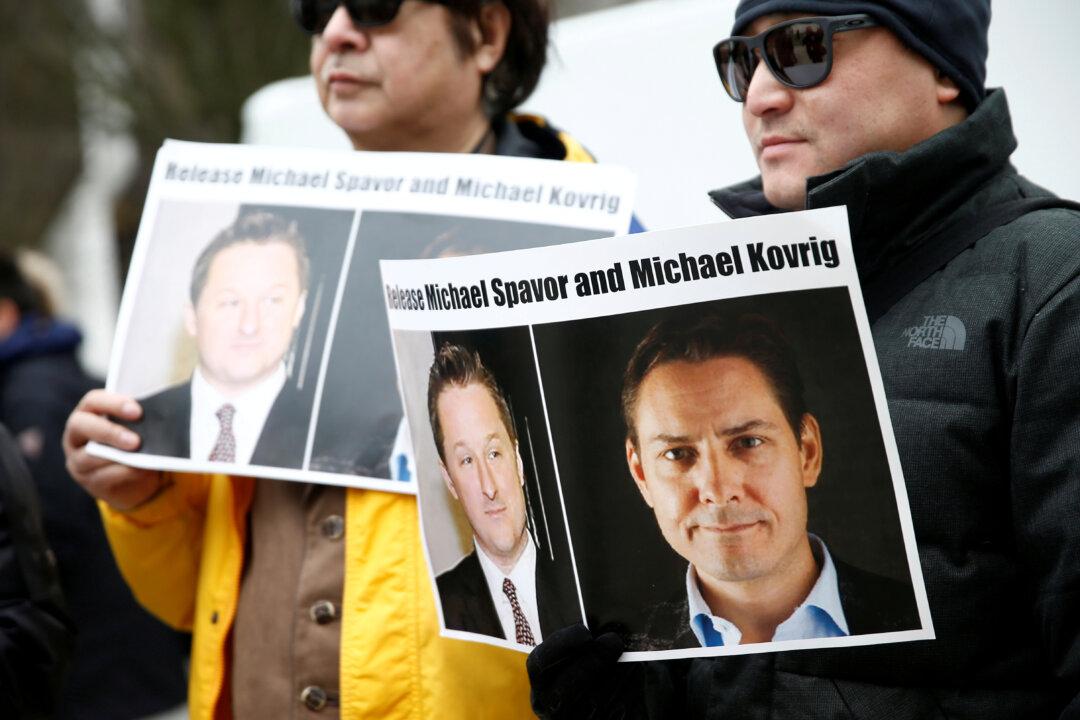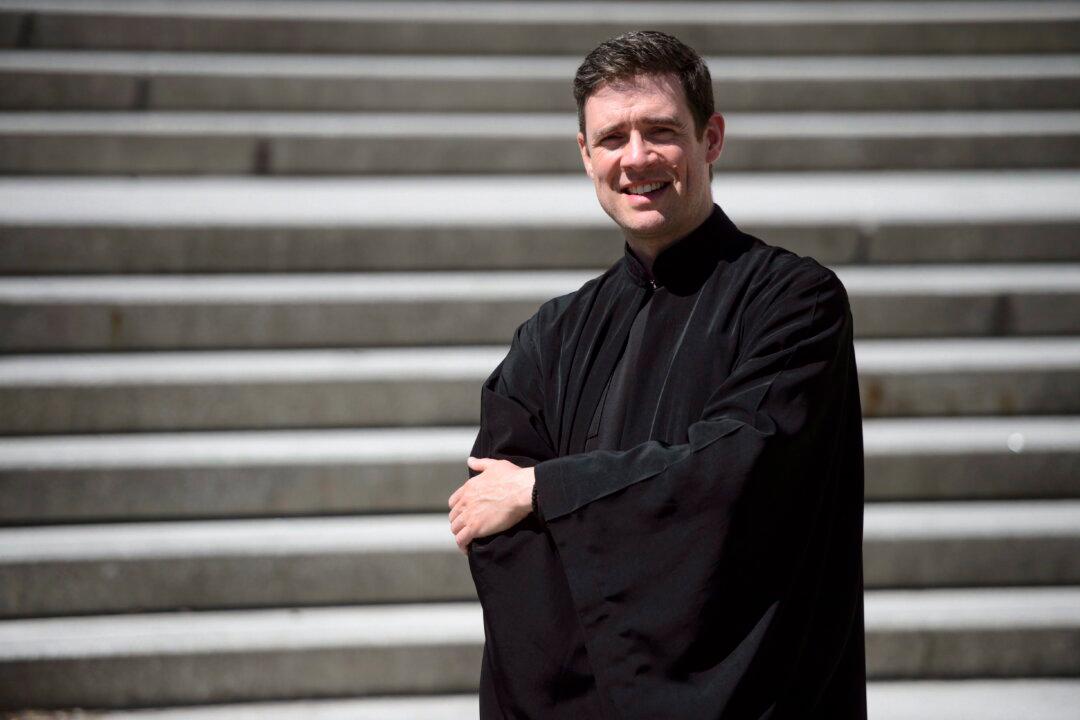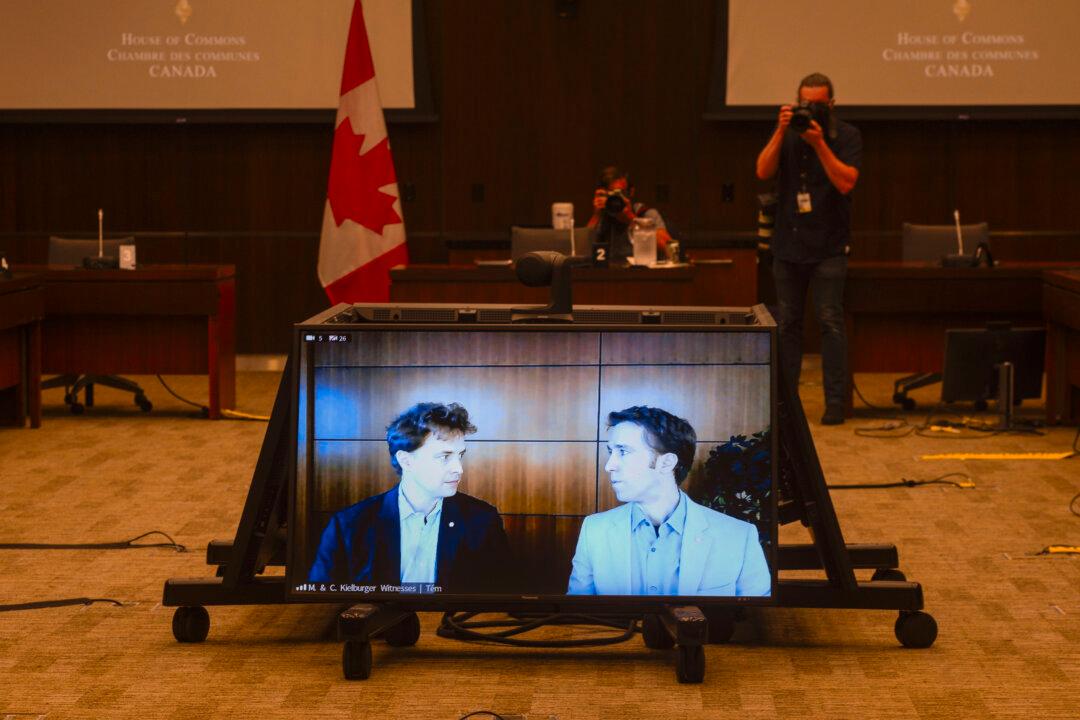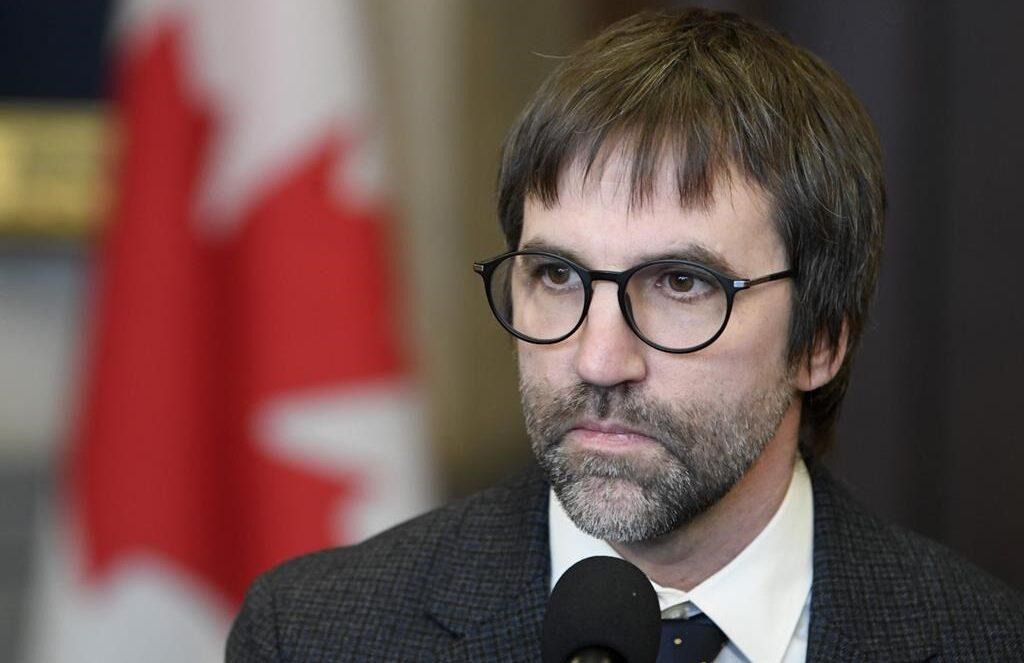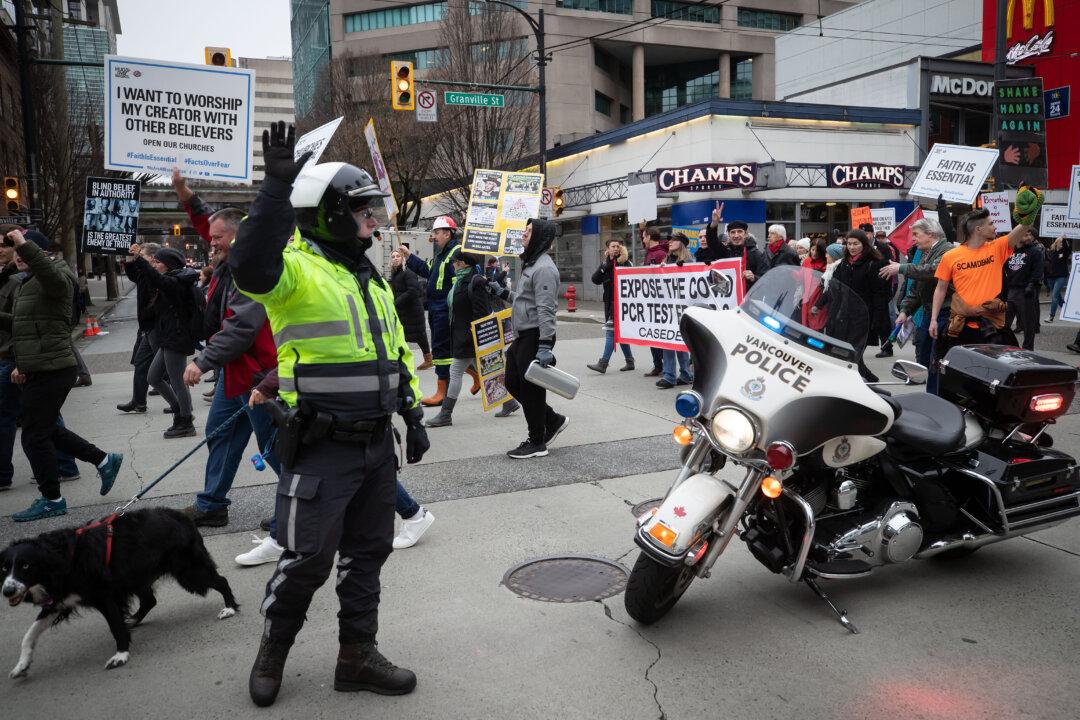A call this week from former high-level Canadian officials to politically intervene to end extradition proceedings against Huawei CFO Meng Wanzhou would set a dangerous precedent, say a chorus of critics including Prime Minister Justin Trudeau.
Nineteen former federal cabinet ministers, parliamentarians, and diplomats signed an open letter urging the federal government to intervene in the extradition case against Meng in exchange for the release of Canadians Michael Kovrig and Michael Spavor, who have been arbitrarily detained in China since December 2018.
